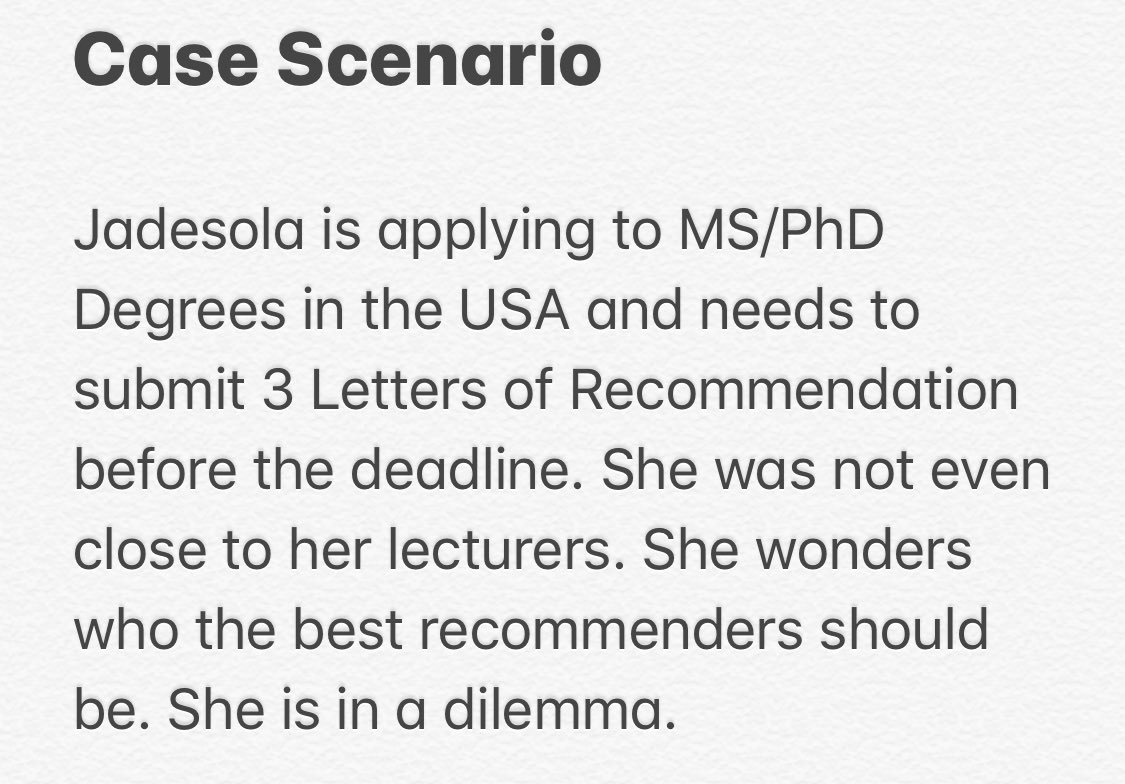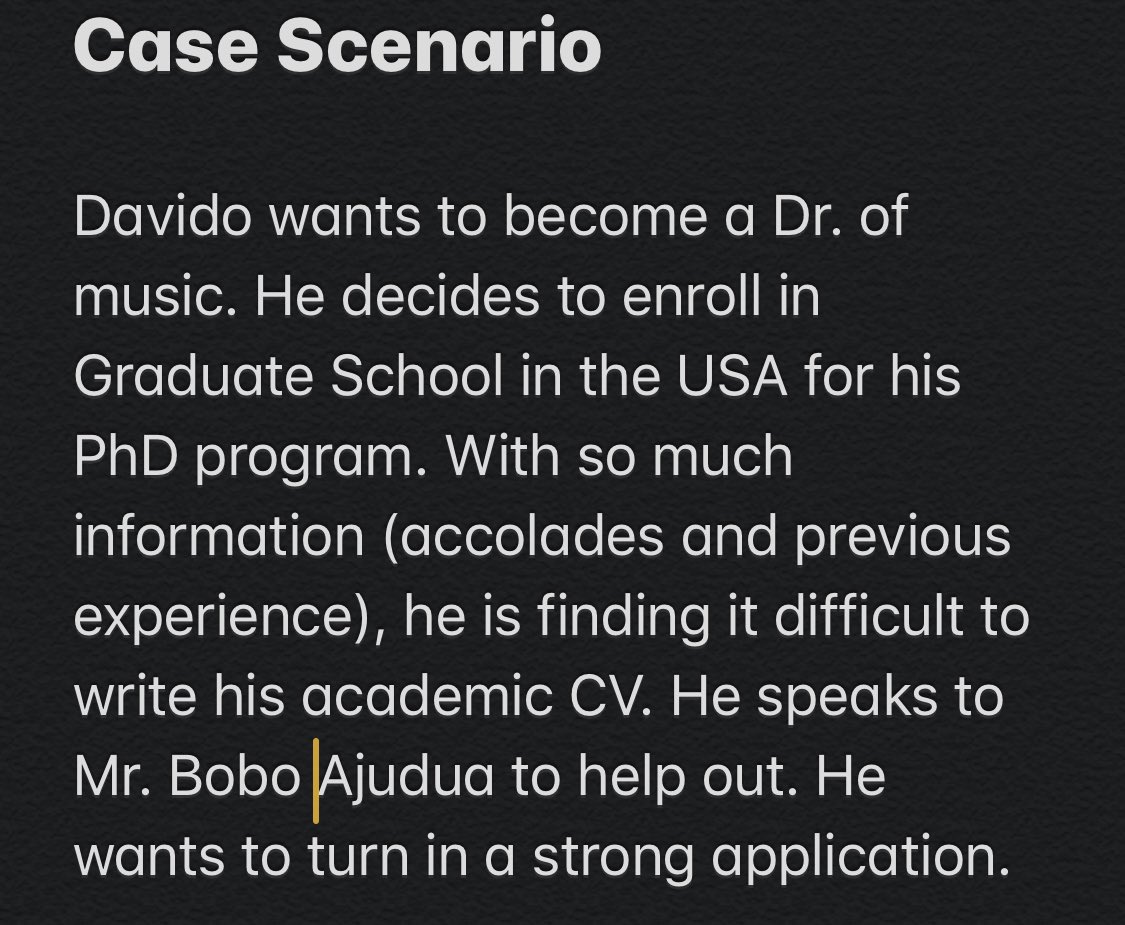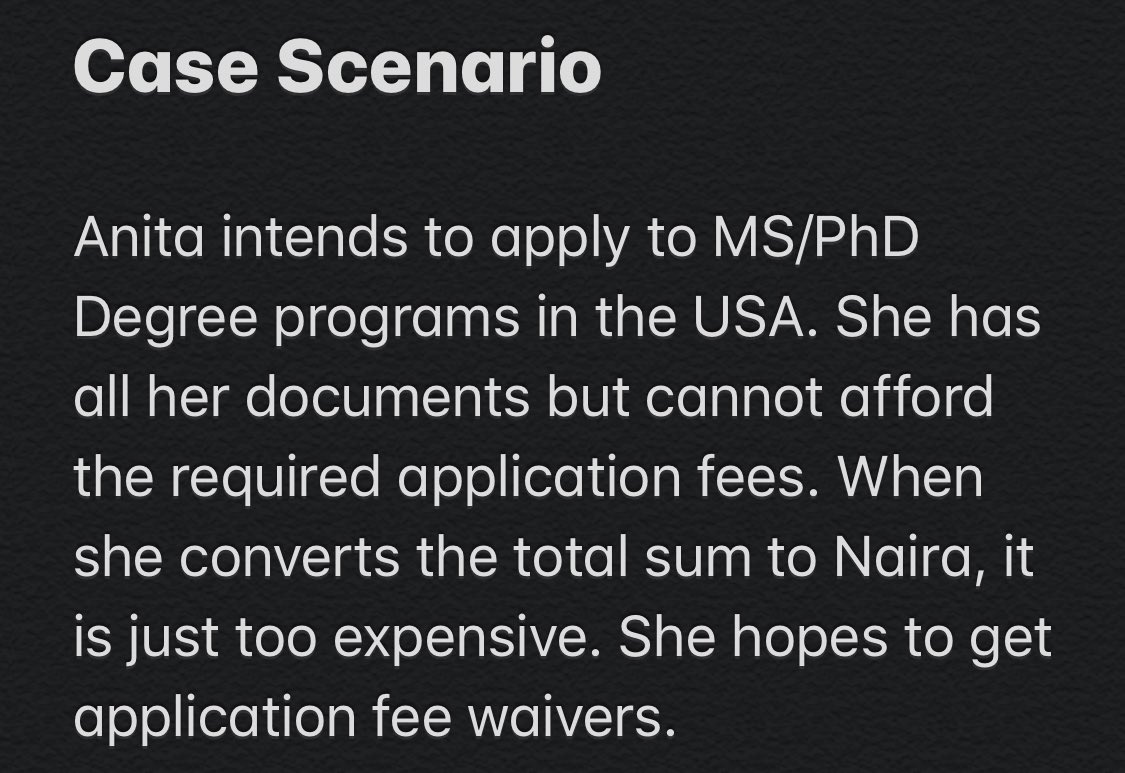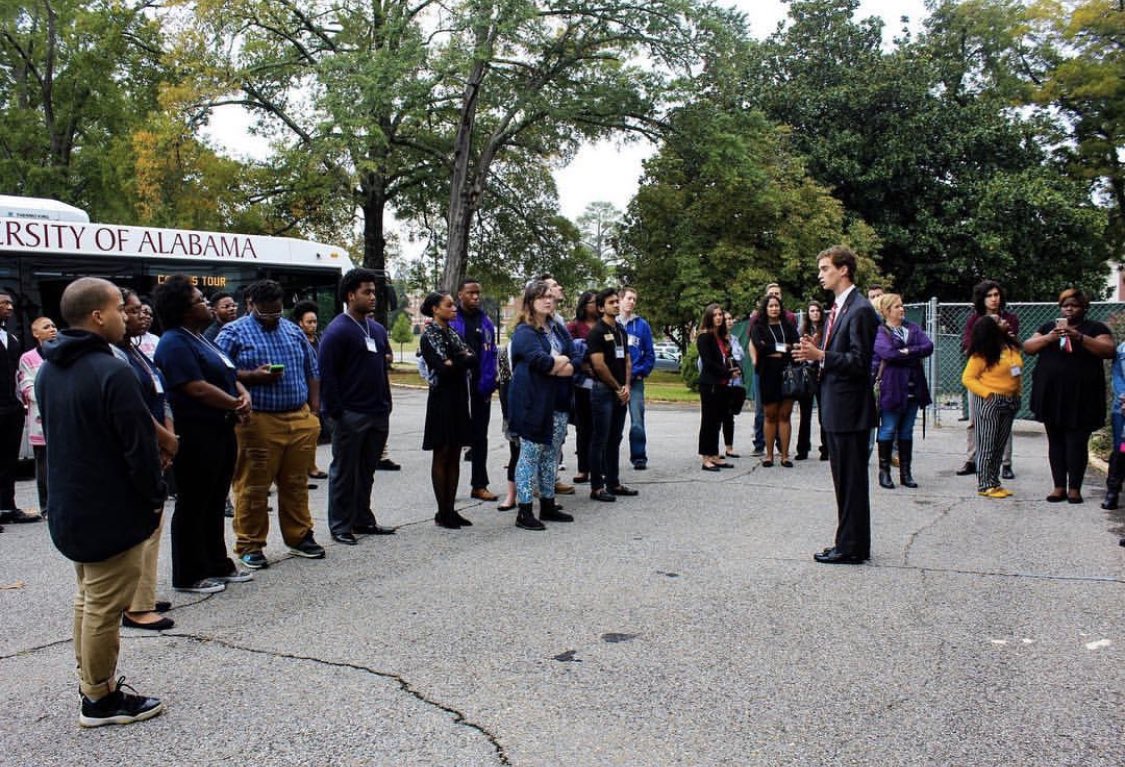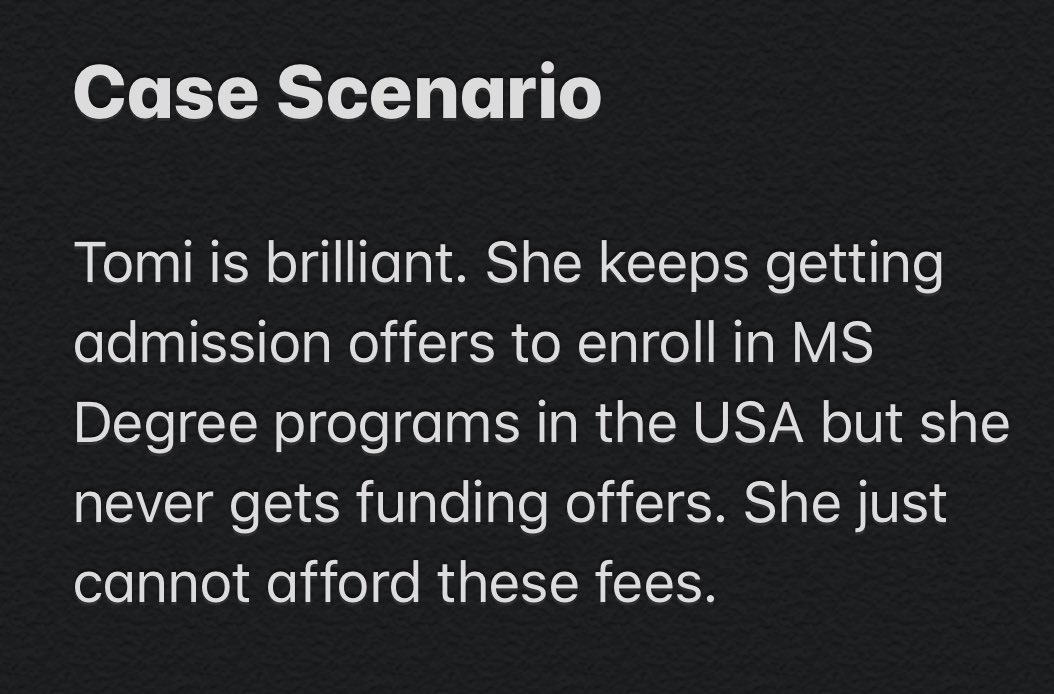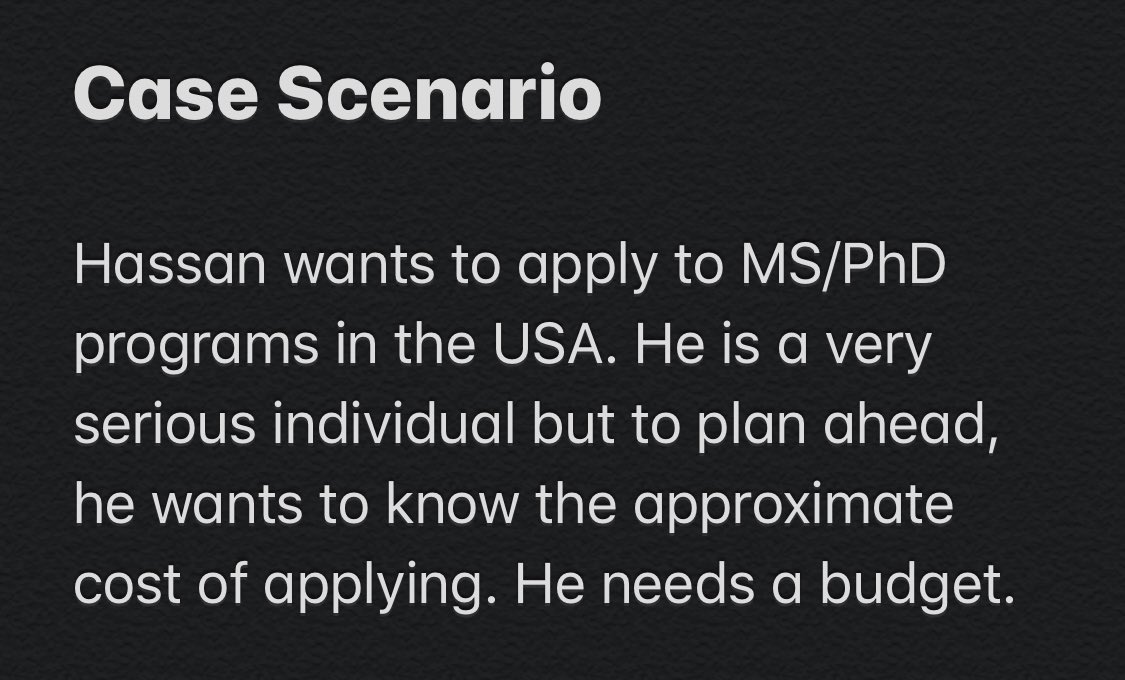10 Frequently Asked Questions on Statement of Purpose or Motivation Statement and answers
Let me answer some frequently asked questions on SOP ( Statement of purpose) .

This book: Graduate Admission Essays 4th Edition by donald asher has 50 examples of SOP and 9 examples of letters of recommendation. Kindly read it.
Question 1: I don't know how to write SOP. I have read many samples online but I still find it difficult to write mine.
Answer : You need to calm down🤣. Everyone passes through this stage.
Make sure you read as many samples as possible, then start writing little by little. The more you write and re-write, the better you are. Write as ideas come to your mind. Don't rush.
Give it to your friends to evaluate.
Also, make sure you don't directly copy any information online, as your SOP will be checked for plagiarism. Use plagiarism software to check whatever you have written (dm the people I will tag at the end of this post to help you check for plagiarism).
Read also : How to obtain Effective Letters of Recommendation.
Question 2: I don't know how to link my passion with the research interest in the SOP ?
Answer : If you have sent an email to a professor using the ideas I talked about here: Writing an Email to any Professor
you must definitely know how to link your passion to your proposed research.
You just need to talk about what interests you, why it interests you, what you have done with it, experiences you've had (academic+research+work), and how these experiences have
inspired you to take up a new challenge in order to fulfill your career goals.
Question 3: I am completely in a new field that is different from my undergraduate background. I like this new field. How can I link my undergraduate background to what I am doing now and the research I intend to do?
Answer: This is why it's called Statement of Purpose. It is your unique story. The committee must be able to see everything in your mind without asking questions.You need to explain why you changed your field, why you like this new field, and how it fits into your career dreams.
Is the new skill relevant to your career goals?
How is this new skill important in the problem you are trying to solve?
There must be a smooth transition and accurate flow of thoughts.
Question 4: I am still interested in research related to my undergraduate background. I am just managing what I am doing now. I don't want to make a career out of it ?
Answer : Many of us are doing some jobs/research/vocations completely different from our undergraduate backgrounds.
Read also : How to Apply for International Scholarships.
You may choose to ignore those 'irrelevant' years, provided you have enough research experience. However, it's good to talk about it so that the committee will be sure you are presently engaged in something. Just be yourself.
You can now discuss how your background is linked to your proposed research.
Question 5: My CGPA is low. How do I address this in my SOP?
Answer: This is very important. You need to explain why your CGPA is low. Were you sick? Did you lose concentration? Try to find an excuse. But, make sure you justify the excuse by having a good score in your English Tests (TOEFL or IELTS) and GRE.
Also, make sure you have done very good research on your proposed work/supervisor. This will convince the committee that you have a good justification for your low CGPA.
Question 6: I don't have research experience, how can I write a good SOP?
Answer: You don't necessarily need to have a good research experience. You can briefly talk about the part of your undergraduate courses that are related to the research you want to really do. Then, talk about some of the questions you wish to address in the proposed supervisor's work (If you have already contacted a supervisor)
Question 7: Can I still write a good SOP without contacting a supervisor ?
Answer: Absolutely Yes.
But, it's better to have the approval of a supervisor if you are going for a research-based postgraduate course. You can have admission without a supervisor's approval, but funding may not be guaranteed.
Question 8: How many paragraphs/words are enough for a good SOP?
Answer: Unless otherwise stated, there are no specific paragraphs/words. Remember that it's your personal story. However, some have said 300-600 words.
Read also : How to write an academic Curriculum Vitae (CV).
Question 9: Does good SOP automatically mean I am guaranteed of admission/funding?
Answer: SOP is one of the major criteria for admission/funding. Other documents such as recommendation letters, transcripts, etc will also be evaluated.
If you have been in contact with a supervisor, this will also be an added advantage. But SOP carries one of the major weight.
Question 10: What is the difference between Statement of Purpose, Motivation Letter, Study Plan, and Research Statement? When are they required?
Answer: Basically, in SOP, you are painting a picture of yourself, and this involves some background information like what you are, your dreams, and what you have done before.
In the Motivation letter, you strictly write about your research/work experience and what you can do.No one is interested in your past. SOP and Motivation letter essential contain the same thing with very subtle differences which may be inconsequential in my opinion.
This link gives a very nice explanation about the two: How is a LOM (letter of motivation) different from an SOP (statement of purpose)?
Study Plan is another name for SOP used in Asia.
check @MomentsWithBren 's link here for some tips: Letter of Intent, Personal Statement, Statement of Purpose & Study Plan
Research statement strictly explains what you want to do and why. check this link: Is a statement of purpose the same as a research statement?
Read also : How to request for graduate school application fee waivers.
In my opinion, all are the same😂.
Author : Kekeocha Justin
